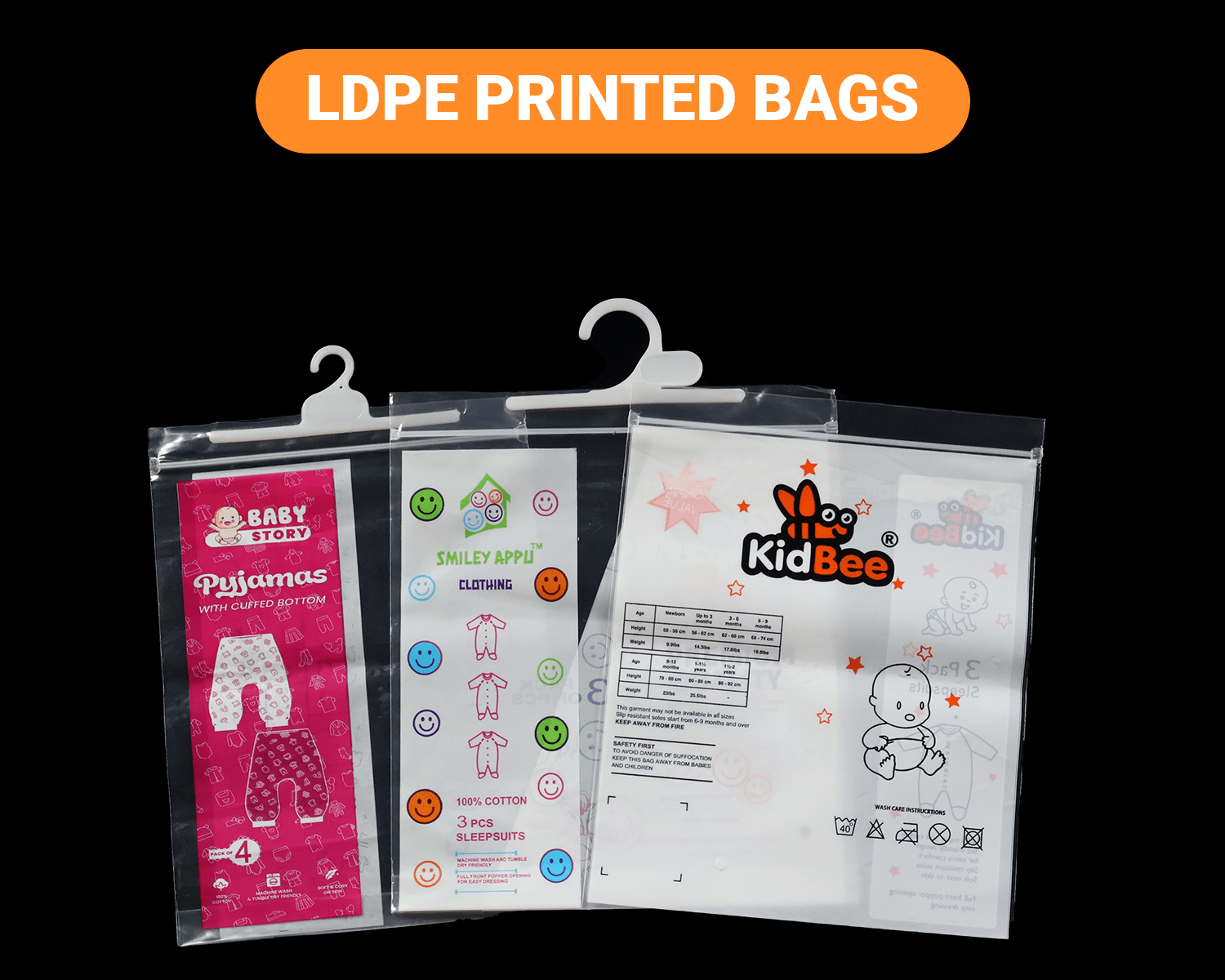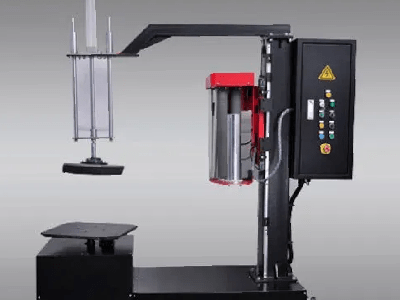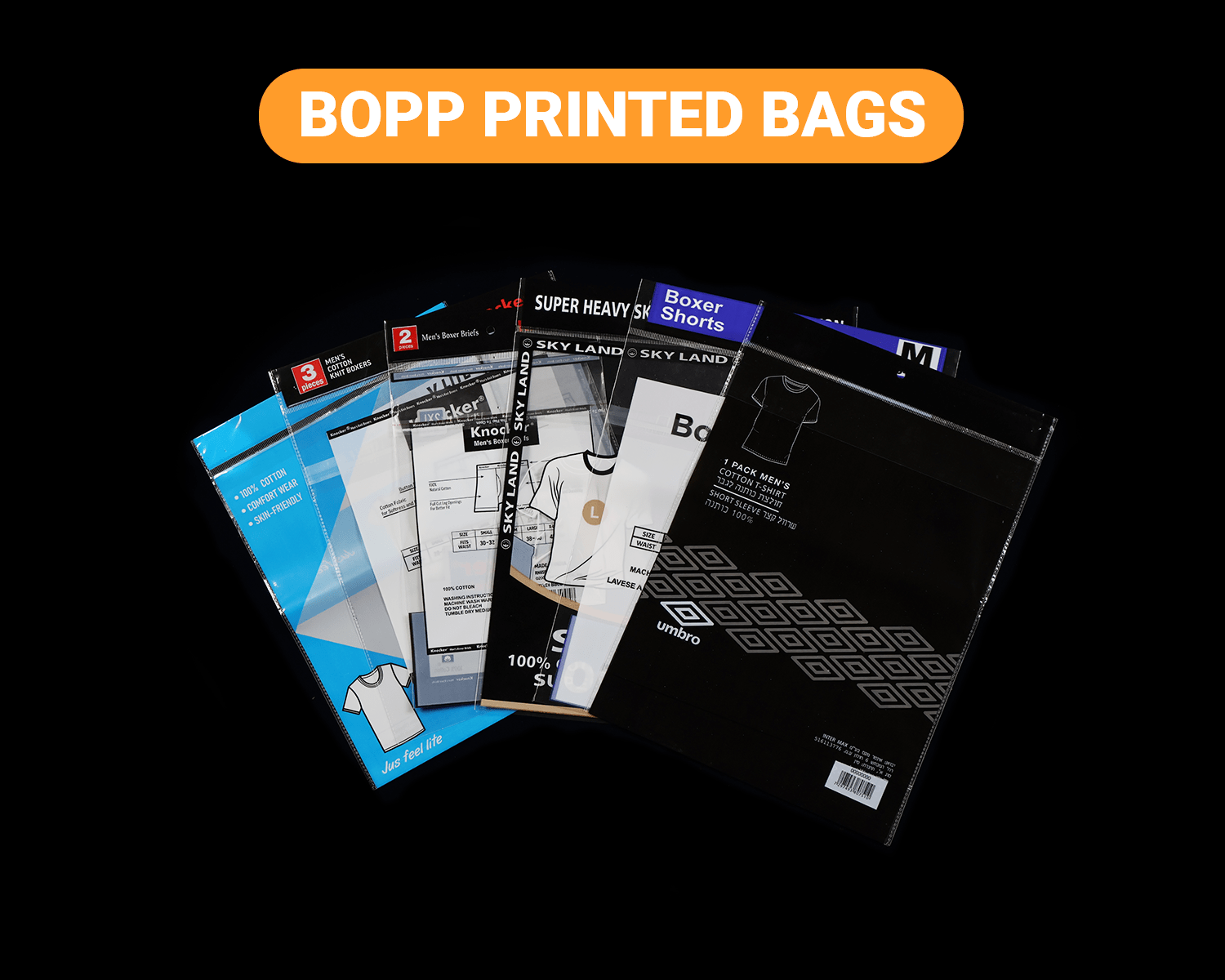
LDPE vs. HDPE Bags: Which One Should Your Business Use?
When choosing the right type of plastic bags for your business, it’s essential to understand the differences between LDPE (Low-Density Polyethylene) bags and HDPE (High-Density Polyethylene) bags. Both materials serve various purposes across industries, but selecting the best option depends on factors such as durability, flexibility, cost, and environmental impact.
If your business operates in sectors such as garments, food packaging, retail, or manufacturing, understanding the advantages and applications of LDPE and HDPE bags can help you make an informed choice. Whether you are looking for an LDPE bags manufacturer in Chennai, Bangalore, or Tiruppur, this guide will help you decide which material best suits your business needs.
What Are LDPE Bags?
LDPE bags are made from low-density polyethylene, a flexible and lightweight plastic material. LDPE is known for its soft, transparent, and glossy appearance, making it a popular choice for packaging products that require an appealing and protective covering.
Key Characteristics of LDPE Bags:
- Highly flexible and stretchable
- Soft and smooth texture
- Water-resistant and durable
- High clarity and transparency
- Resistant to chemical corrosion
- Reusable and recyclable
Common Uses of LDPE Bags
LDPE bags are widely used across various industries due to their versatility and aesthetic appeal. Some popular applications include:
- Garment Industry: LDPE bags for garments are used for packaging shirts, trousers, sarees, and other clothing items. Their clear appearance enhances product presentation.
- Food Packaging: Ideal for frozen foods, bakery items, and fresh produce due to their moisture-resistant properties.
- Retail & E-commerce: Frequently used for shopping bags, product packaging, and promotional branding.
- Medical & Pharmaceuticals: Used for sterile packaging to protect sensitive items from contamination.
Benefits of Choosing LDPE Bags for Your Business
- Better Aesthetic Appeal: Their glossy and transparent finish improves product visibility.
- Superior Flexibility: More stretchable than HDPE, reducing chances of tearing.
- Moisture Resistance: Helps keep products dry and protected.
- Eco-Friendly Options Available: Recyclable and reusable, making them a more sustainable option.
Businesses looking for high-quality LDPE bags for garments and retail purposes can source them from trusted LDPE bag manufacturers in Chennai, Bangalore, and Tiruppur.
What Are HDPE Bags?
HDPE bags are made from high-density polyethylene, a tougher and more rigid plastic compared to LDPE. These bags are lightweight yet extremely strong, making them ideal for carrying heavy loads without stretching or breaking.
Key Characteristics of HDPE Bags:
- High strength and rigidity
- Matte, slightly textured appearance
- Lightweight yet highly durable
- Resistant to moisture, chemicals, and grease
- Cost-effective and economical
Common Uses of HDPE Bags
Due to their strength and resistance to wear and tear, HDPE bags are commonly used in:
- Grocery & Supermarket Bags: Used for carrying vegetables, meat, dairy products, and packaged goods.
- Industrial & Bulk Packaging: Used in cement bags, fertilizer bags, and chemical packaging.
- Garbage & Waste Bags: Due to their tear-resistant properties, they are used for trash disposal and medical waste management.
- Retail & Takeaway Packaging: Commonly used in food delivery, takeaway packaging, and departmental stores.
Benefits of Choosing HDPE Bags for Your Business
- Stronger & More Durable: Can carry heavier loads without stretching or breaking.
- Cost-Effective: Generally cheaper than LDPE, making them a budget-friendly choice for bulk purchases.
- Chemical & Grease Resistance: Ideal for food-related businesses and industrial applications.
- Lightweight & Space-Saving: Requires less storage space and is easy to transport.
Which One Should Your Business Use?
The choice between LDPE and HDPE bags depends on your industry requirements and packaging needs.
If your business deals with garments, premium product packaging, or branding, LDPE bags are the best choice due to their transparency, flexibility, and premium feel.
If you require heavy-duty, cost-effective bags for carrying bulk items, groceries, or industrial packaging, HDPE bags are a better option due to their strength and durability.
For businesses looking for LDPE bags manufacturers in Chennai, Bangalore, and Tiruppur, sourcing from a reliable supplier ensures quality and consistency in packaging materials.
Sustainability Considerations
With growing concerns about plastic pollution, businesses should consider eco-friendly alternatives and responsible disposal methods.
How to Make a Sustainable Choice:
- Opt for Recyclable Bags: Both LDPE and HDPE bags are recyclable, but ensuring they are collected and processed properly is key.
- Use Recycled Plastic Materials: Some manufacturers produce bags from recycled LDPE and HDPE to minimize waste.
- Biodegradable Options: Some manufacturers offer biodegradable LDPE bags that break down faster in the environment.
By choosing a reputable LDPE bags manufacturer in Chennai , Bangalore, or Tiruppur, businesses can ensure they are getting high-quality, sustainable packaging solutions.
Conclusion
When deciding between LDPE and HDPE bags, it’s crucial to evaluate your specific business needs. If you require flexibility, clarity, and premium appeal, LDPE bags are the ideal choice. On the other hand, if you prioritize strength, durability, and cost-effectiveness, HDPE bags will serve your business better.
For businesses in the garment industry, LDPE bags for garments provide a perfect blend of aesthetics and functionality. Meanwhile, for supermarkets, industrial packaging, and waste management, HDPE bags offer superior strength and cost savings.
Partnering with a trusted LDPE bags manufacturer in Chennai , Bangalore, or Tiruppur will ensure that you receive the best quality packaging suited for your business needs. Making an informed choice today will not only improve operational efficiency but also contribute to sustainable business practices.





